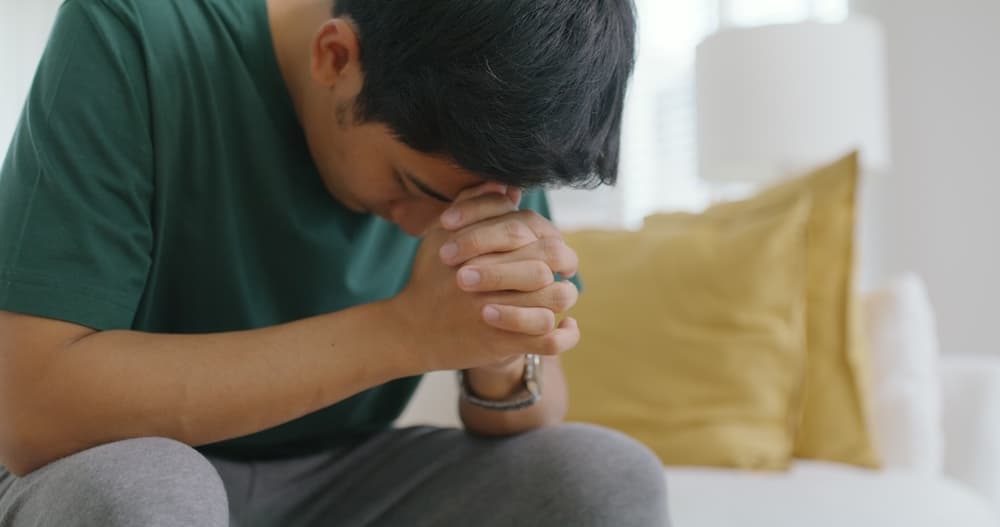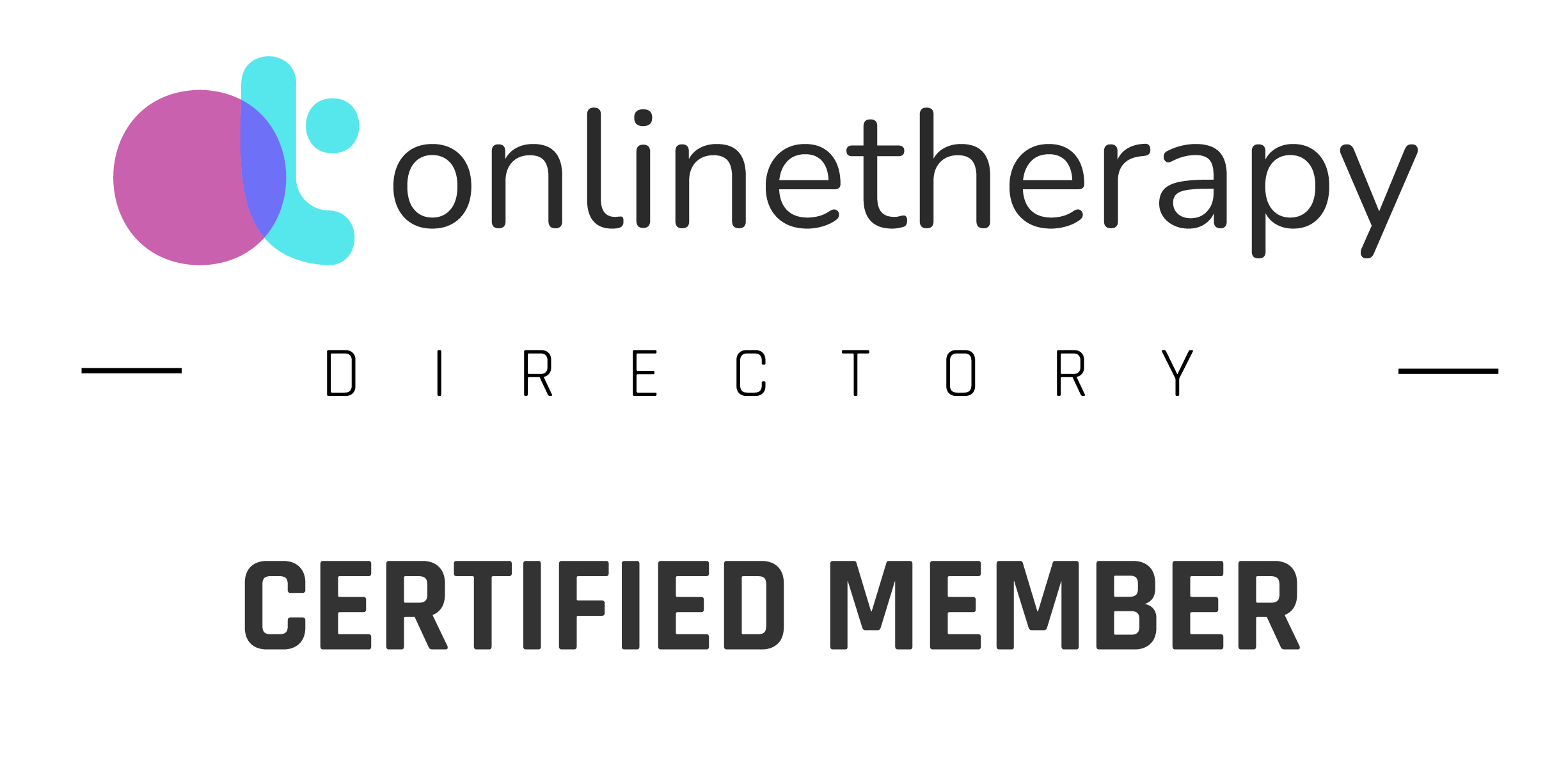For many young men, porn isn’t just harmless entertainment — it can quietly grow into a struggle that feels impossible to share. What starts as curiosity or stress relief can turn into a habit that affects confidence, relationships, and mental health. Yet, despite how common the issue is, conversations about porn addiction are rare. Instead of talking about it, many stay silent, carrying feelings of guilt, shame, and frustration on their own.
In this article, we’ll explore the hidden struggles many young men face, why they hesitate to talk about it, and practical steps to begin the journey of recovery.
The Hidden Struggles of Young Men Facing Porn Addiction
Porn addiction affects multiple areas of life. For young men, this can be especially challenging because they are often in key life stages like building their identities, developing relationships, and establishing careers.
Emotional Toll and Isolation
Many report feelings of guilt and frustration after consuming porn. These emotions often lead to cycles of secrecy and self-blame, causing them to withdraw further from friends and family. This isolation can deepen feelings of hopelessness.
Impact on Mental and Physical Health
Excessive porn use has been linked to anxiety, depression, and even changes in brain function related to reward and motivation. It may also affect sexual performance and real-world intimacy, leaving young men feeling disconnected from healthy relationships.
Why Shame and Stigma Make It Hard to Open Up
Even though conversations about mental health are becoming more common, pornography is still a taboo topic. Young men often fear being judged, misunderstood, or seen as morally weak if they admit they are struggling.
Many cultures still tie masculinity to sexual behavior, creating unrealistic expectations about desire and control. This makes it harder for young men to admit that porn use is negatively affecting their lives. Some avoid speaking up because they worry that friends, partners, or family members will react harshly or shame them. This fear can prevent them from seeking much-needed help for overcoming porn addiction, which keeps them stuck in a cycle.
Steps to Begin the Journey: How to Overcome Porn Addiction
Acknowledging the problem is the first and most powerful step. Once a young man realizes that porn is interfering with his life, he can start taking action toward recovery.
1. Build Awareness and Track Habits
Keeping a journal or using tracking apps can help identify triggers, such as boredom, stress, or loneliness, that could be leading to porn use. Recognizing patterns makes it easier to break them.
2. Replace the Habit with Healthy Alternatives
Healthy routines like exercise, hobbies, or meditation can reduce cravings and improve mental health. Developing positive coping strategies is essential for long-term success.
3. Seek Support from Safe Communities
Support groups, whether in person or online, provide accountability and understanding. Hearing from others on a similar journey can remind young men that they are not alone.
For those wondering how to overcome porn addiction, these small steps can be the foundation for lasting change. Recovery is rarely instant, but progress happens one decision at a time.
Finding Professional Help for Overcoming Porn Addiction
While self-help strategies are a great start, professional support can make a huge difference. At Mind and Body Counseling Associates, licensed therapists provide personalized support to help young men uncover the deeper causes of this addiction and develop healthier habits. Some of our services include:
- Individual Therapy: One-on-one sessions to explore underlying triggers and address emotional challenges
- EDMR Therapy: Evidence-based therapy to process trauma or past experiences that may contribute to addictive behaviors.
- Mindfulness-Based Approaches: techniques to manage cravings, reduce stress, and build healthier coping mechanisms.
Young men should not have to face porn addiction in silence. The combination of stigma, fear, and misunderstanding can make recovery feel out of reach, but it doesn’t have to be that way. By understanding the hidden struggles, addressing shame, and taking practical steps toward change, it’s possible to build a healthier relationship with sexuality.


